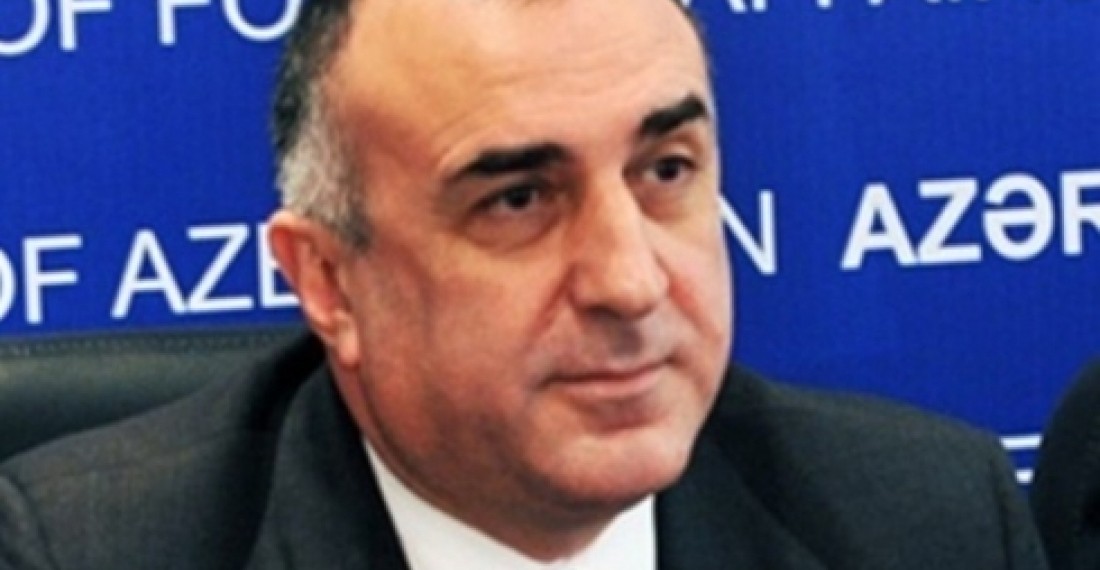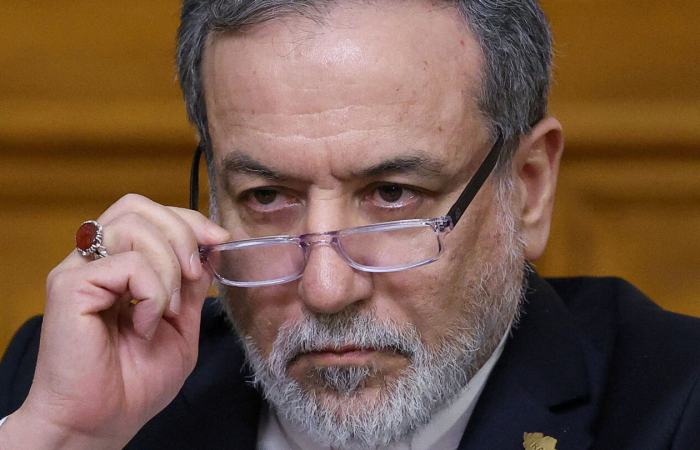Министр иностранных дел Азербайджана Эльмар Мамедъяров подтвердил позицию своей страны по вопросу урегулирования нагорно-карабахского конфликта. Мамедъяров заявил журналистам, что переговоры продолжаются.
Глава азербайджанской дипломатии сказал, что позиция Азербайджана очень конструктивна. "В качестве компромисса мы можем рассматривать вопрос о статусе Нагорного Карабаха только в составе Азербайджана." Тем не менее, добавил министр, предоставление статуса Нагорному Карабаху - это не тот вопрос, который должен решаться сейчас. Вместо этого, он сказал, что стороны должны договориться о том, что "военнослужащие с обеих сторон должны быть отведены, вынужденные переселенцы возвращены домой, дороги открыты. С этой точки зрения армянские военнослужащие должны быть выведены из семи оккупированных районов вокруг Нагорного Карабаха," - сказал министр.
Мамедъяров отметил, что после этого Азербайджан позволит открыть все дороги и коммуникации. "Будем стараться постепенно налаживать нормальные отношения в регионе", сказал министр.
По его словам, именно на этой основе и продолжаются переговоры. "Могу сказать, что и сопредседатели, и азербайджанская сторона предпринимают шаги в этом направлении. Остается, чтобы это приняла и армянская сторона. Рано или поздно это произойдет, в чем я не сомневаюсь", сказал министр.
источник: commonspace.eu по материалам агентств







